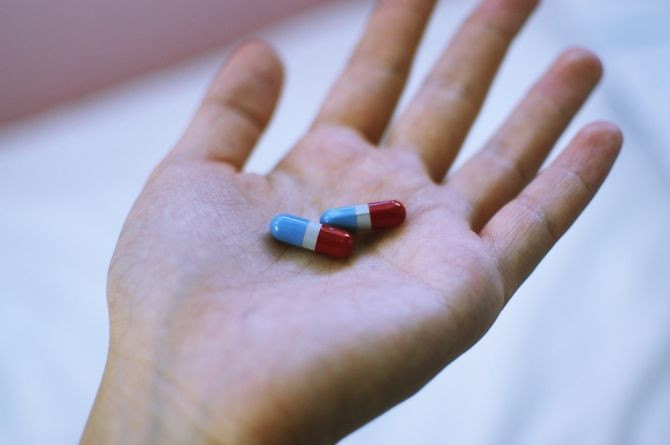Debate: Should Low-Income Children Without ADHD Take Adderall to Improve Poor Test Scores?

Quintn Rocafort, 11, was labeled disruptive by teachers and his behavior has led to phone calls at home and in-school suspensions. So five years ago, he began taking Adderall for attention deficit hyperactivity disorder (ADHD). The drug worked immediately, causing Quintn to become earnest and attentive, like his brother Perry, who received the same prescription.
But a year ago, as puberty began, Quintn started getting into fights with other students who were speaking negatively about his mother. The problem was that Quintn was seeing people and hearing voices that did not exist, a rare but recognizable side effect of the drug. After Quintn confessed to having suicidal thoughts, he was switched to Risperdal, a mood stabilizer, and prescribed a week-long stay at a psychiatric hospital. Despite the Rocaforts' experience with Adderall in Quintn, they still use the drug on their 9-year-old son Ethan and their 12-year-old daughter Alexis. Neither of the kids have ADHD, but the drug helps their school performance and their daughter, as described by her father, was kind of "blah."
The concern is that as many as 20 percent of physicians do not follow proper procedure for diagnosing the condition, instead relying on their gut. The jury is still out on how such drugs can affect developing minds in the long-term, though side effects do include growth suppression and psychosis. A significant amount of doctors do not think that ADHD is a disorder at all, but prescribe medications like Ritalin and Adderall anyway to help low-income students perform better in schools.
Doctors note that, because Medicare covers much of the cost in some states, it has become cheaper for parents and educators to use medication to modify children's behavior and study habits rather than therapy or tutors. Some educators have remarked that ADHD diagnoses have increased as sharply as school funding has declined.
"My kids don't want to take it, but I told them, 'These are your grades when you're taking it, this is when you don't,' and they understood," one parent, Jacqueline Williams, said.
The diagnosis is a fairly common one: 5.4 million children between the age of 4 and 17, or nearly 10 percent of children, have been diagnosed with the disorder and the use of psychotropic drugs has almost doubled among youth. (Some of that number is influenced by the fact that foster children are medicated at rates much higher than the general youth population: 13 to 52 percent of foster care youth receive psychotropic medication, while only 4 percent of the general population does, by one count).
But the drugs, like, any come with risks. In 2005, Canada suspended the sale of Adderall after 12 kids in the United States died after using the drug. The boys, between the ages of 7 and 16, had died after taking Adderall for as short of a time as a single day.
But Canada ended up lifting the ban a few months later after a committee made up of three independent physicians found it to be safe. One boy had been in boot camp and was exercising in 110-degree heat; two others had blood levels that indicated that they had overdosed. Although no study has been able to find increased rates of stroke or heart attack in children using ADHD drugs, since side effects include elevated blood pressure and heart rate, many parents are wary.
Ultimately, doctors say that it is up to parents whether they want to use the drug and many do report that it helps them with their children.



























